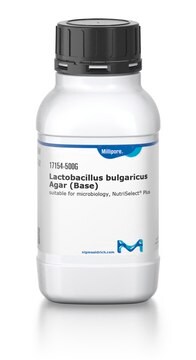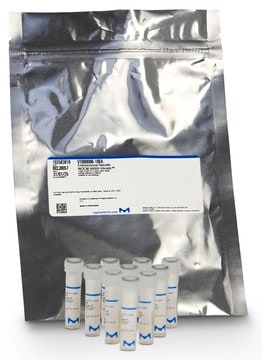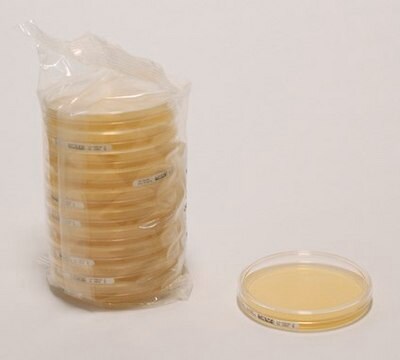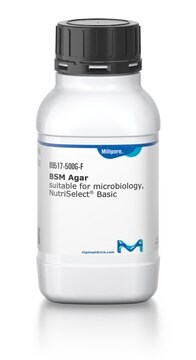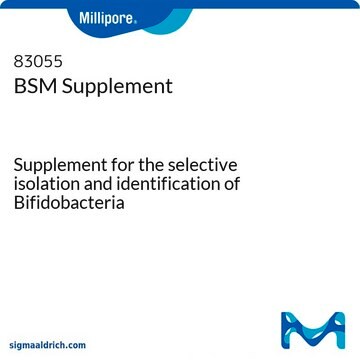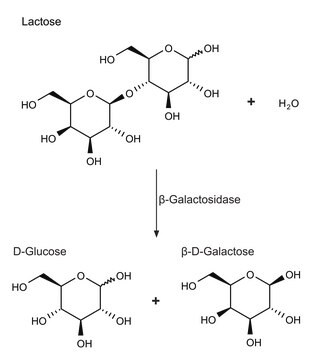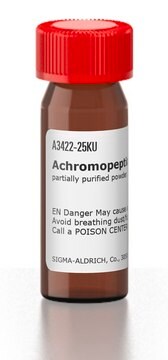75724
Hybriscan™ I kit
Lactobacillus brevis, suitable for environmental, food and beverages, microbiology and in situ hybriziation
Synonym(s):
Lactobacillus brevis HybriScan™I, FastScan Lactobacillus brevis
About This Item
Recommended Products
product name
HybriScan™I Lactobacillus brevis, suitable for food and beverages, microbiology, suitable for microbe id | in situ hybriziation
usage
sufficient for 48 reactions
technique(s)
microbe id | in situ hybriziation: suitable
application(s)
food and beverages
microbiology
storage temp.
2-8°C
suitability
Lactobacillus spp.
General description
Features and Benefits
- Sensitivity (cfu/assay): 1000
Legal Information
Storage Class Code
10 - Combustible liquids
WGK
WGK 3
Flash Point(F)
Not applicable
Flash Point(C)
Not applicable
Choose from one of the most recent versions:
Certificates of Analysis (COA)
Sorry, we don't have COAs for this product available online at this time.
If you need assistance, please contact Customer Support.
Already Own This Product?
Find documentation for the products that you have recently purchased in the Document Library.
Articles
Information about lactobacilli, rod-shaped, Gram-positive, fermentative, facultative anaerobic or microaerophilic organotrophs. The lactobacillus organtroph belongs to the lactic acid bacteria group.
Molecular biology-based methods, like PCR, can be used for lactobacilli detection. However, they are often quite expensive. We provide a revolutionary molecular biology method that is rapid, easy, and cost-effective.
Today, diverse studies report the benefits of probiotics, such as inhibitory effects on pathogens, aid in the management or prevention of chronic intestinal inflammatory diseases or atopic syndromes, and support to the immune system. Potential beneficial applications abound, researchers continue to evaluate the effictiveness and clarify the mechanisms of action of probiotics.
Related Content
Fast molecular screening of beverage, water, wastewater and food for microorganisms
Our team of scientists has experience in all areas of research including Life Science, Material Science, Chemical Synthesis, Chromatography, Analytical and many others.
Contact Technical Service